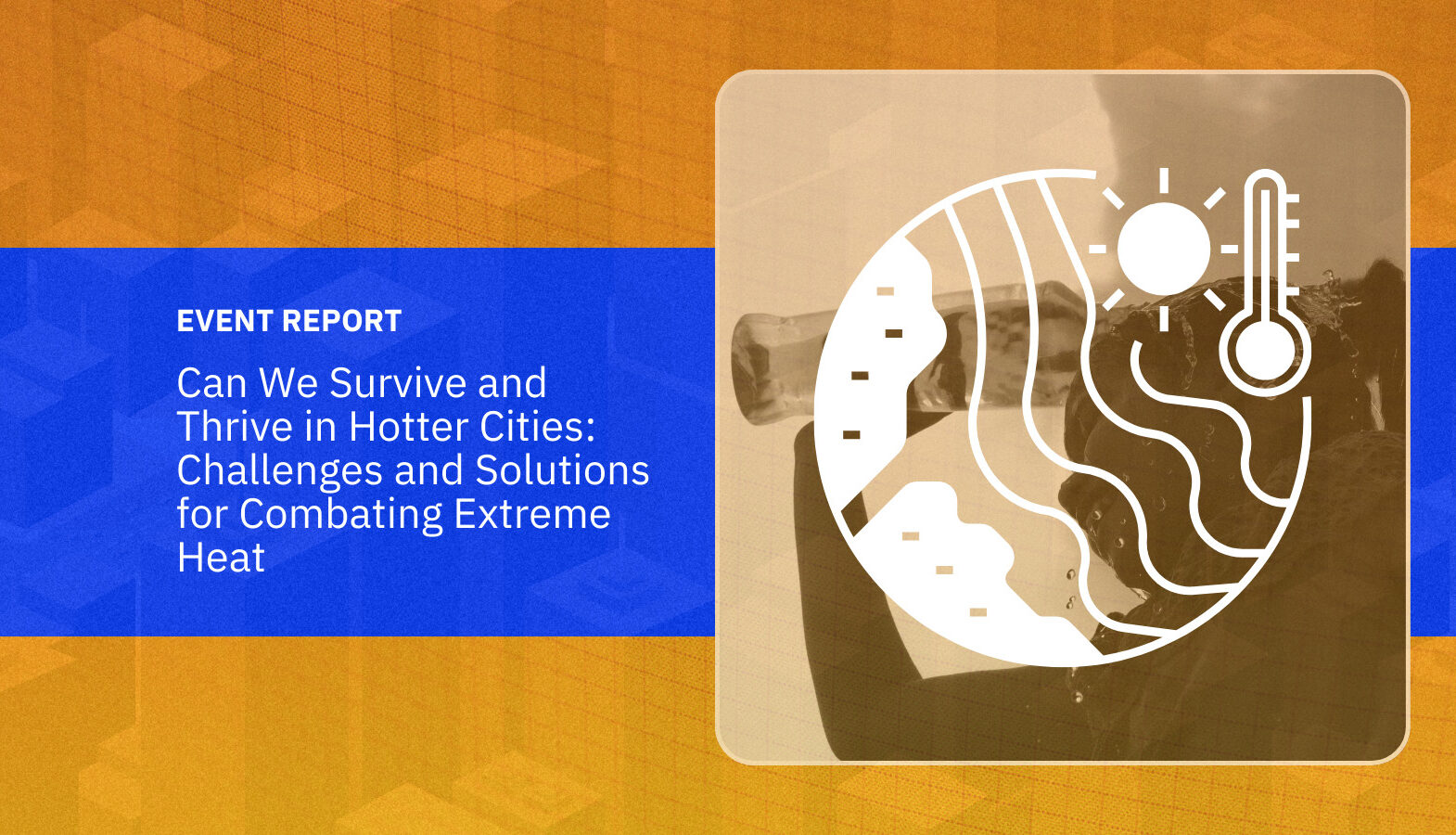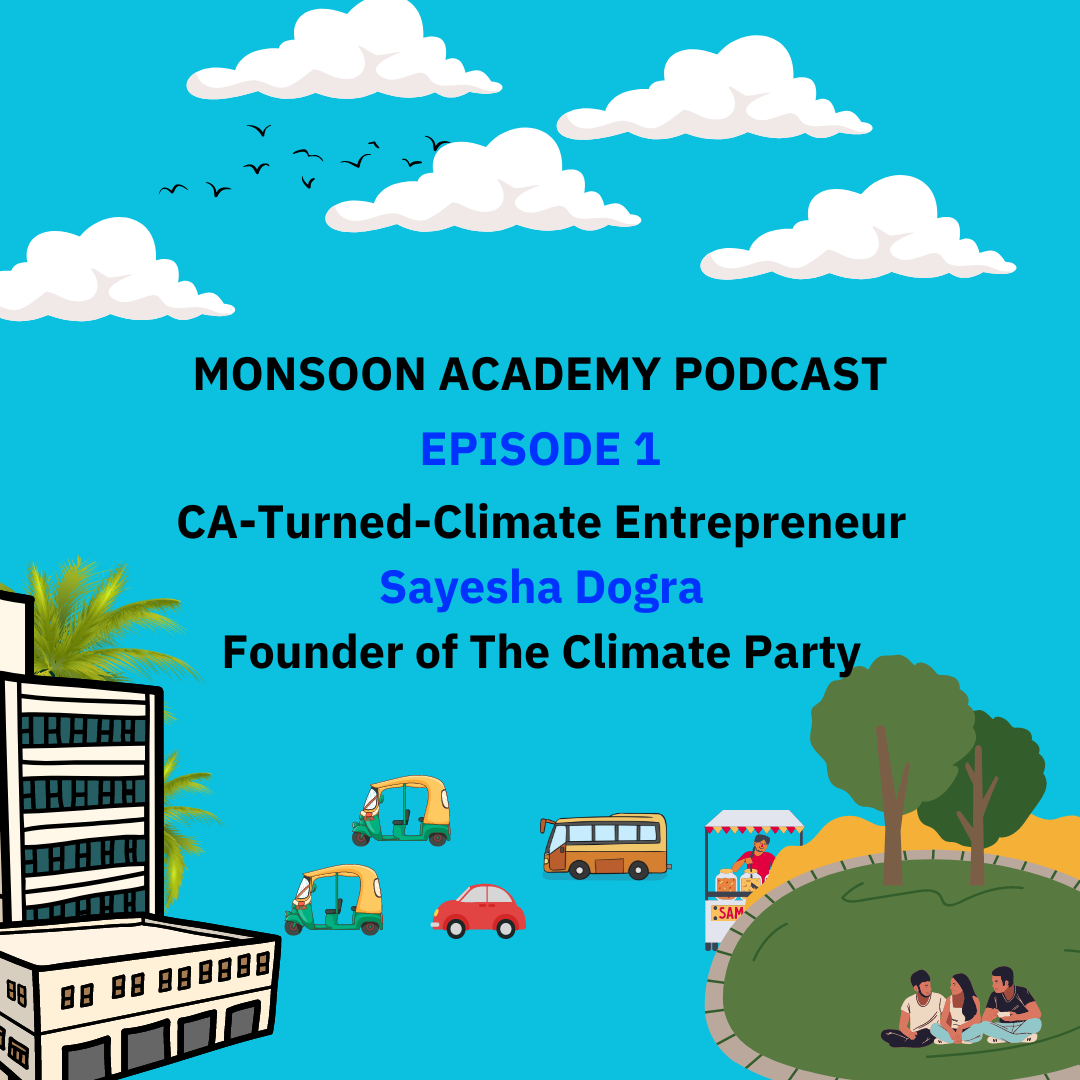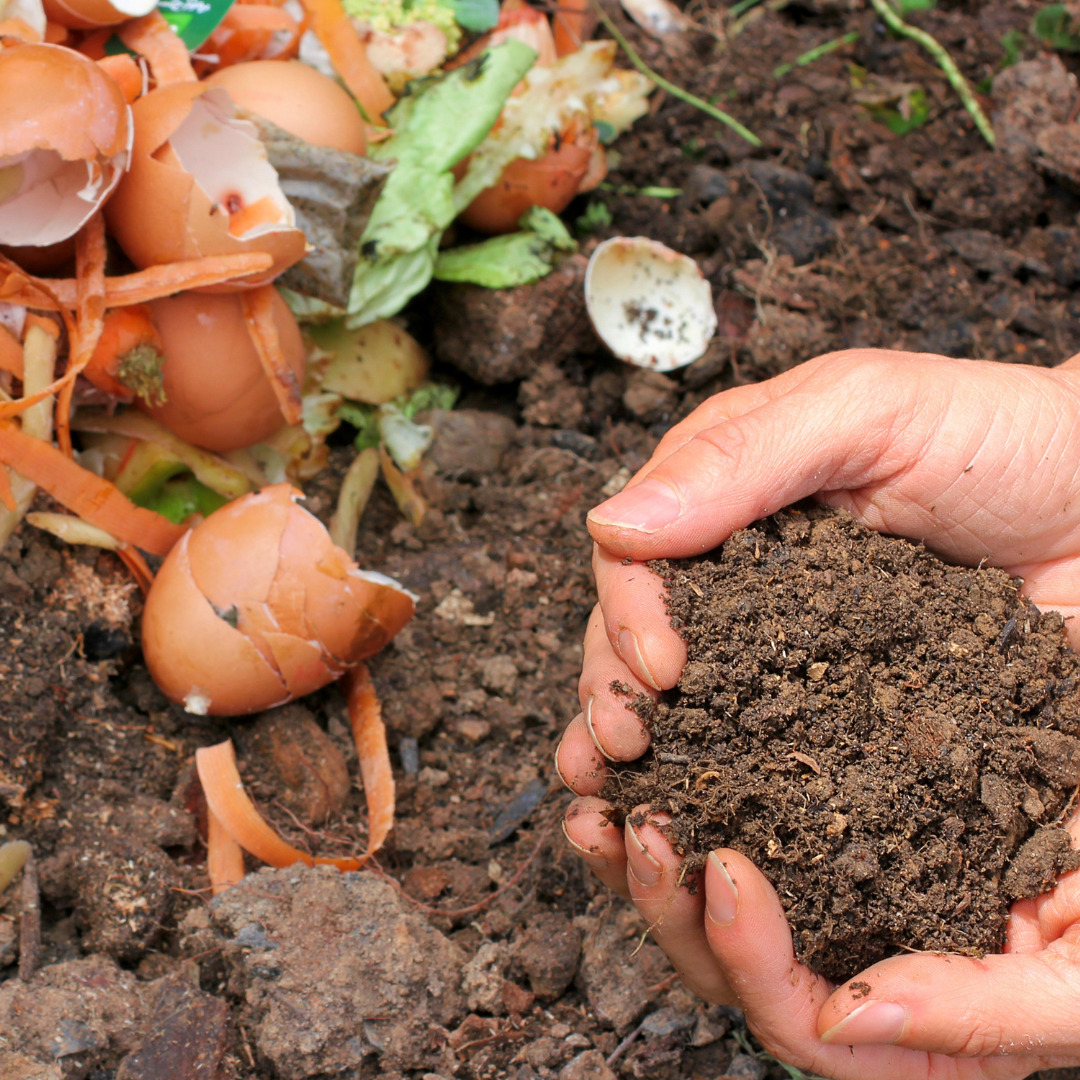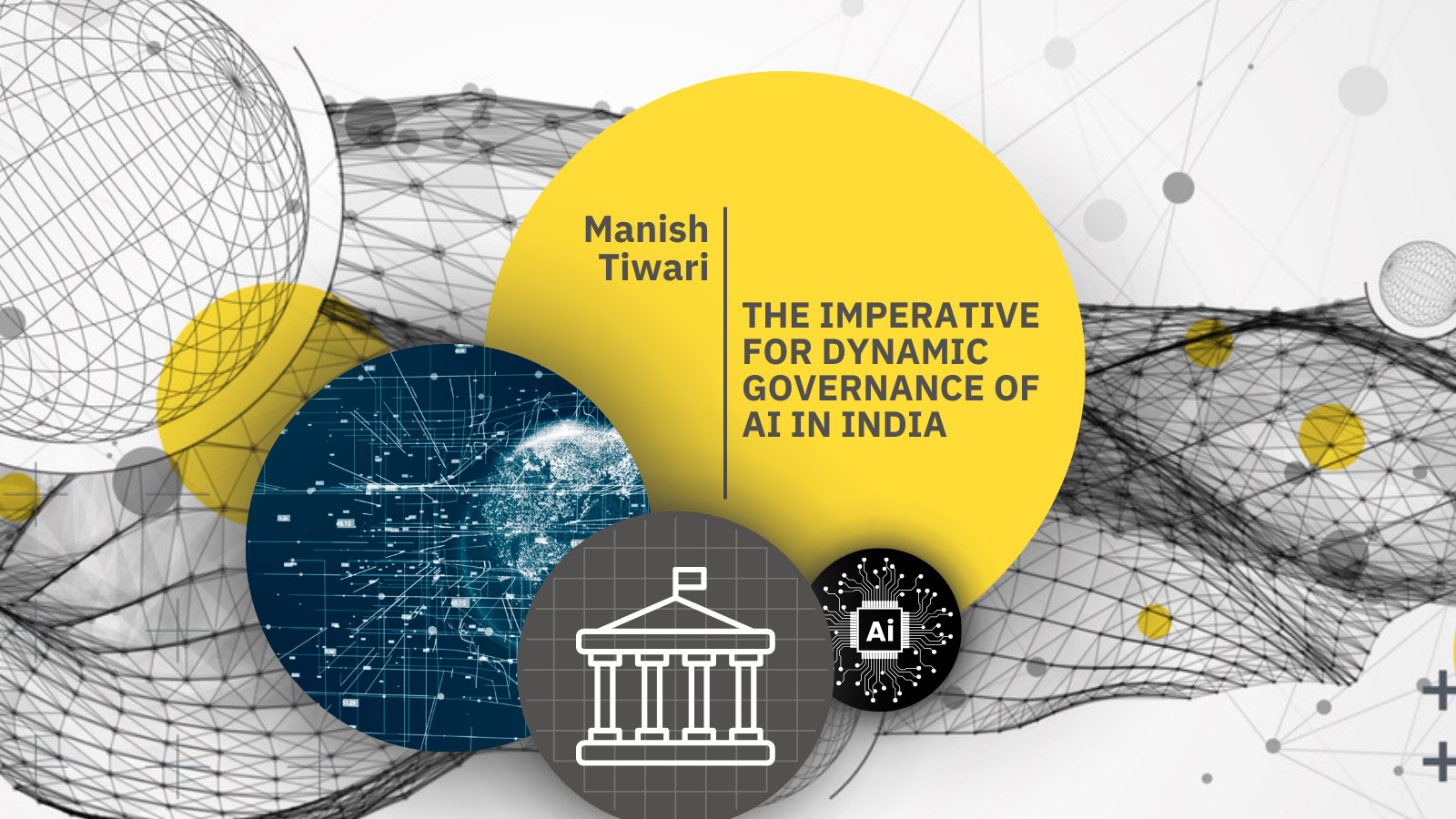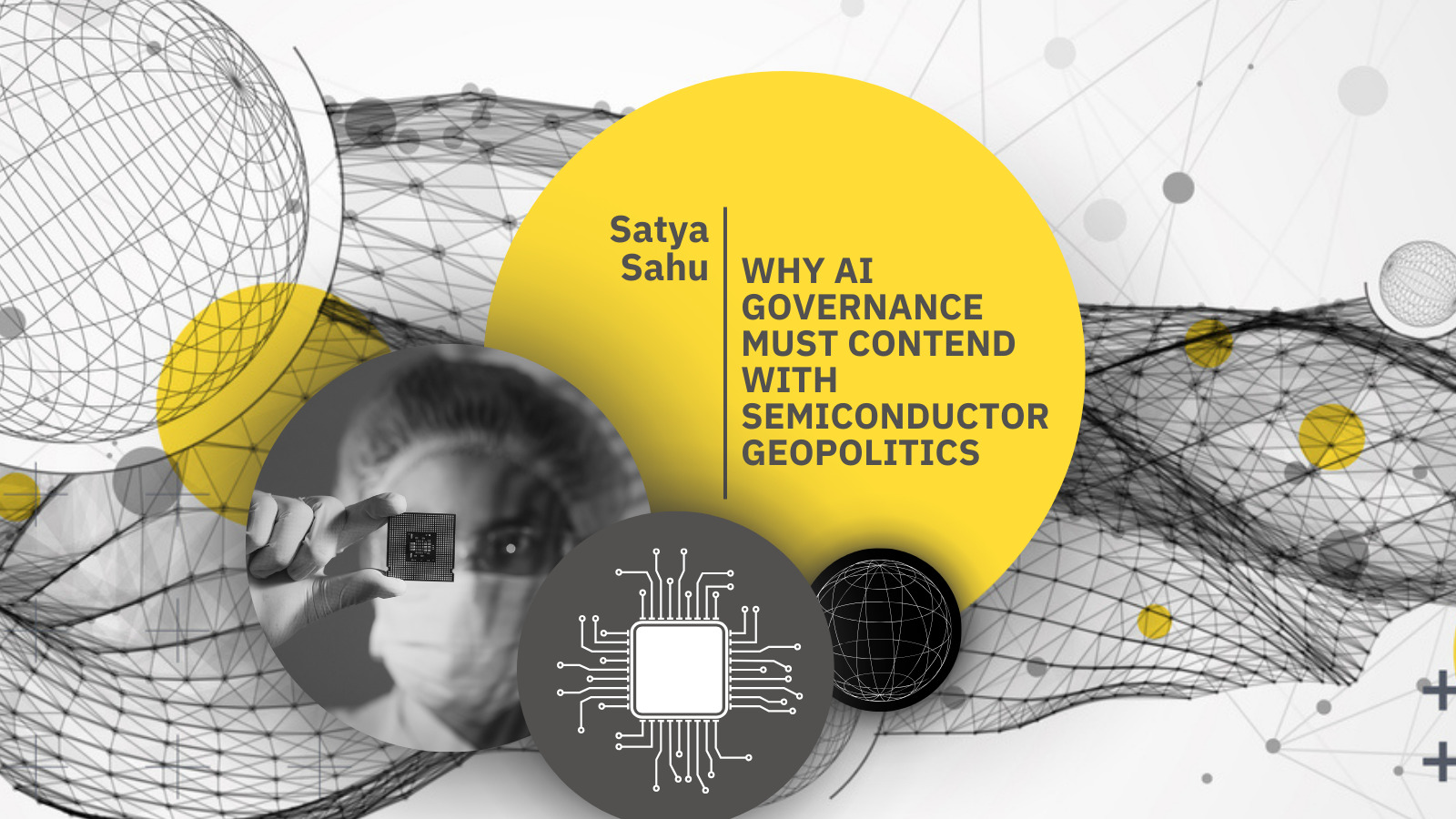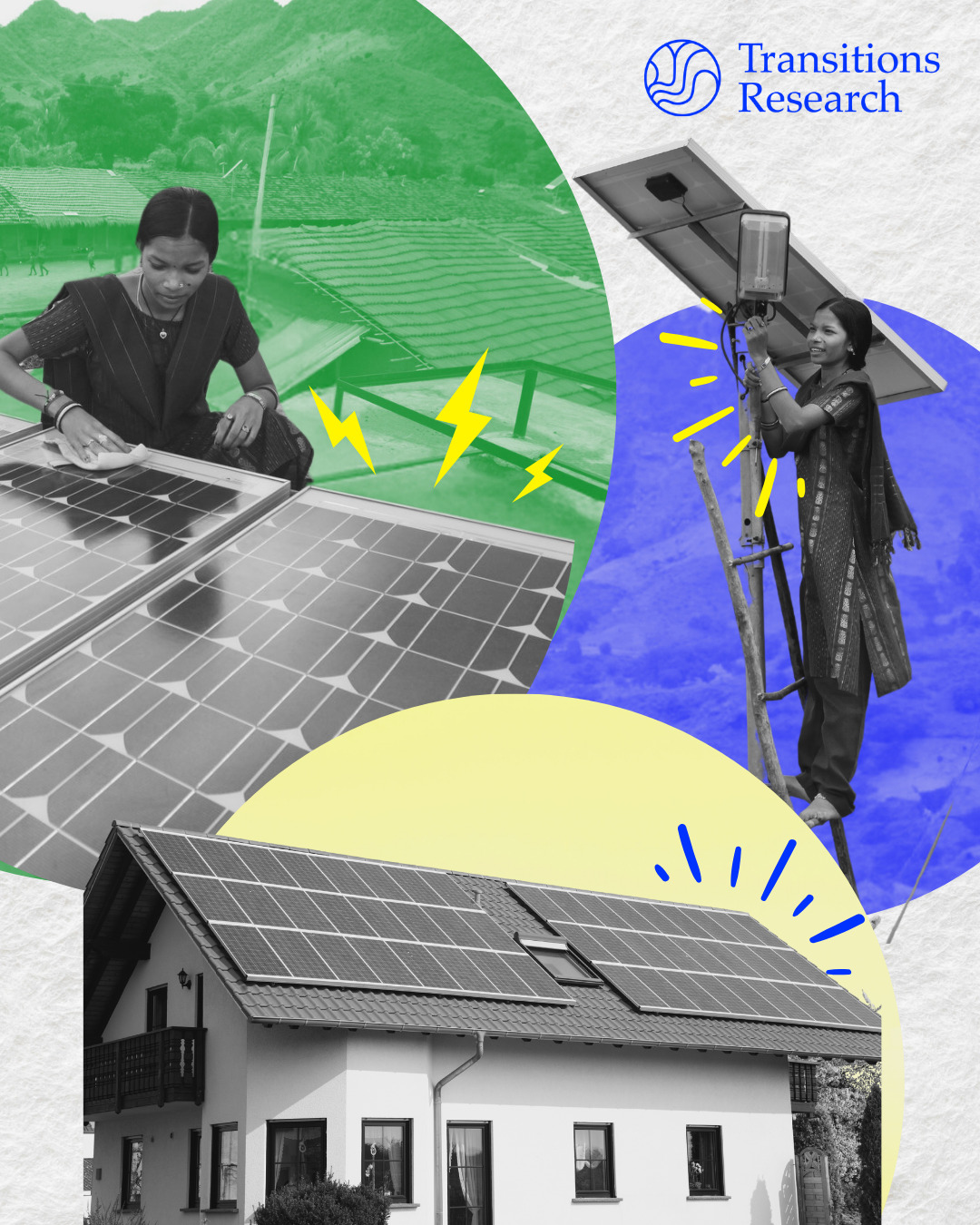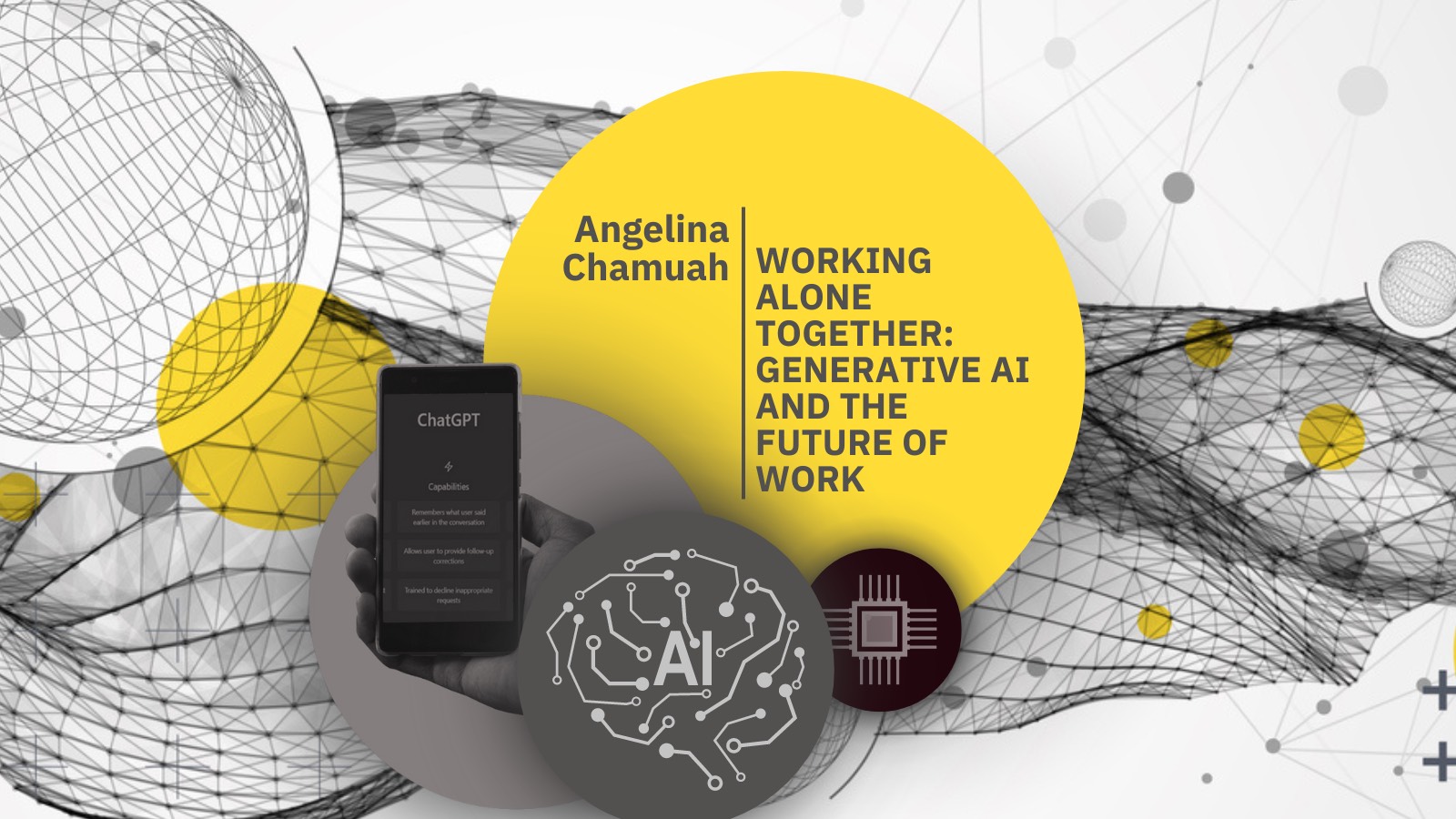Our Publications
Our insights and analysis of sustainable transitions that shape policy narrative and future practice
ALL PUBLICATIONS
Given the imminent and gargantuan nature of the challenge, this article draws from expert analyses to propose certain solutions that can be applied to urban cities, especially in the Global South.
In this episode, our host Shantha Venugopal engages in a conversation with the founder of The Climate Party, Sayesha Dogra, to discuss the journey of starting a climate career from scratch after working as a CA, what skills are transferable to climate jobs, and what challenges come in the way of becoming a climate entrepreneur, and how one can deal with them.
This blog explores the causes of food waste in India; its grave implications for hunger, socioeconomic equity, and climate change; and what steps households can take to minimise food waste.
This blog explores the dynamic and sector-specific regulatory frameworks of AI, calling for increased education for both the public and policymakers, and the need for collaborative efforts to harness AI's advantages while mitigating its negative impacts.
Our latest issue of the AI+ Blog series emphasises on the geopolitical and geo-economic dynamics related to semiconductors, such as the concentration of chip manufacturing in certain countries, and how restrictions on semiconductor access can impact AI research, development, and governance efforts globally.
This blog explores policies that promote fair access to clean energy, bridging social gaps, and nurturing community resilience.
‘User Journeys with Generative AI: Navigating the Future of Work and Society” is a pilot study that aims to centre user journeys of GenAI and examine its impact on the future of work and society bringing a spotlight on users of the technology as the emerging subject and stakeholder in this digital age.
This article highlights the need to reflect on how genAI at work has the potential to change and impact the quality and nature of human associations in the context of its rapidly evolving world.
As the world grapples with the complex crisis of climate change, it has become increasingly evident that a robust solution demands an inclusive approach. This year, as we commemorate International Women’s Day under the theme “Invest in Women: Accelerate Progress”, we highlight the crucial role of women’s economic empowerment in promoting equality. The theme “Inspire Inclusion” emphasises the importance of a broader approach that extends beyond just economic considerations....
Despite near universal access to electricity, gendered inequities in electricity usage hinder India’s progress on sustainable development goals. As energy policy focuses on renewable energy, socio-cultural shifts must also be prioritised to improve women’s agency over electricity use.

